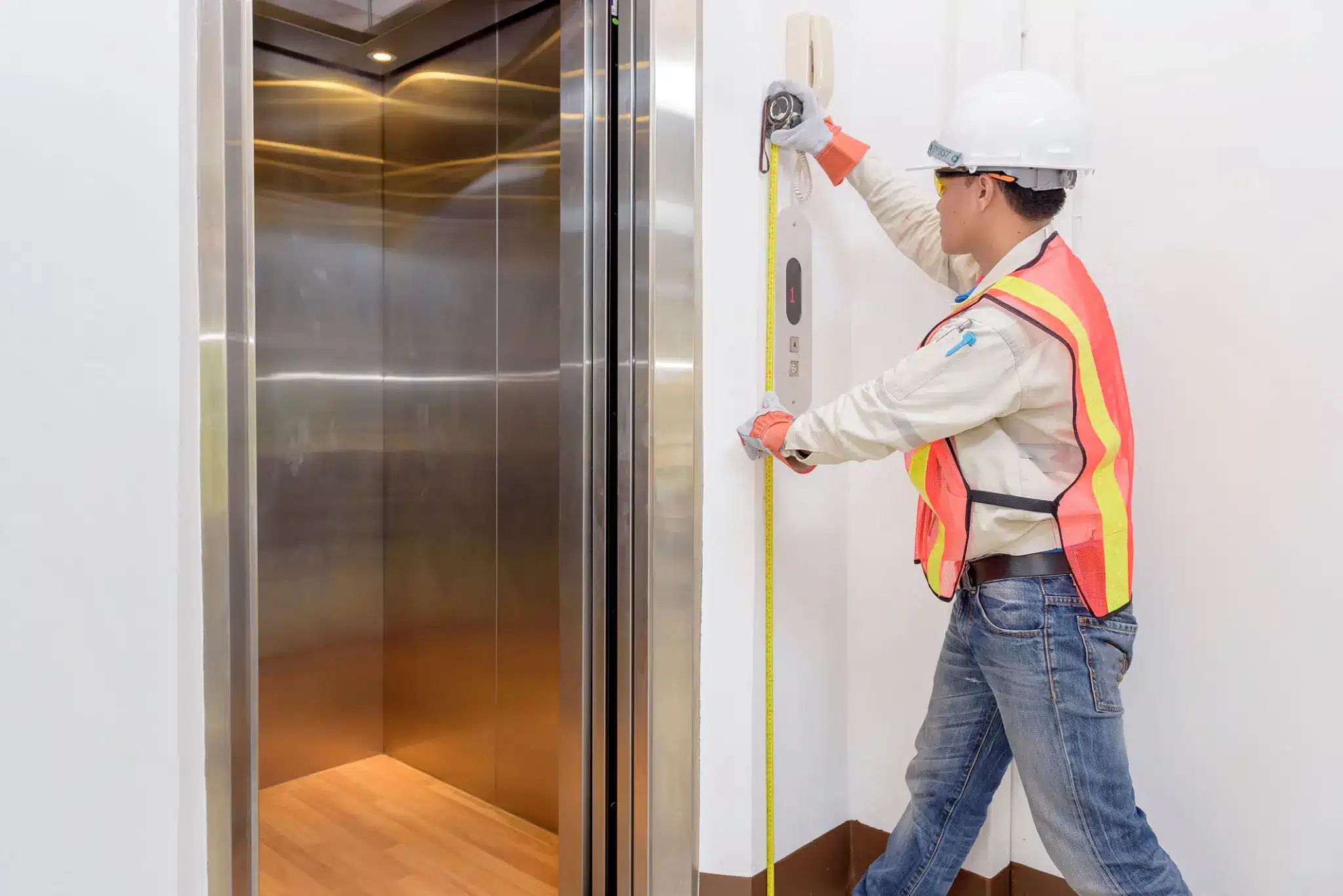Florida has always taken elevator safety seriously, but new regulations are about to raise the bar even higher. With the adoption of the 2019 ASME A17.1/CSA B44 Safety Code, the state is requiring that all new Miami elevators, and soon, many existing elevators feature two-way video and text communication inside cabs. If you’re a property manager, building owner, or facility operator in Miami, it’s time to get familiar with these changes and prepare for a new standard in elevator safety and compliance.
For those responsible for a Miami elevator or working with a trusted elevator Miami partner, understanding what’s required, why it matters, and how to get ready is key to passing your next Miami elevator inspections and keeping everyone in your building safe.
What’s Changing: Florida’s Adoption of the 2019 ASME Code
Under the latest code, elevator cabs must now include technology that allows real-time visual and text communication between a trapped passenger and rescue personnel. This means that the old standard emergency phone is no longer enough. The goal is clear: anyone who gets stuck in an elevator, especially those with hearing or speech disabilities must be able to request help and receive reassurance, no matter the circumstance.
Here’s what’s required under the new law:
- Two-way video: Passengers must be able to see and be seen by responders. This improves communication for those who are deaf or hard of hearing, as well as for anyone in distress.
- Text communication: In addition to audio, passengers must be able to send and receive text messages directly from the cab, making elevators accessible for all users.
- Visual indicators: The cab must show visual cues confirming that help is on the way, reducing panic and uncertainty.
These features are now mandatory in all new elevator installations in Florida, and the state is moving quickly to require retrofits for existing cabs, especially in high-traffic or high-rise buildings.
Why This Matters for Miami Elevator Owners and Managers
Miami is famous for its dense skyline and high-rise living, and reliable elevator service is non-negotiable. But elevator emergencies can happen anywhere and to anyone—especially in buildings with older systems or where cabs may get stuck due to storms, outages, or technical faults.
For building owners and managers, updating your elevator cabs to include two-way video and text is about more than just code compliance:
- Enhanced passenger safety: Passengers have a clear, direct way to communicate in an emergency, even if they cannot speak or hear.
- Reduced liability: Compliance with the latest safety standards helps protect your building from lawsuits or insurance issues if something goes wrong.
- Smoother Miami elevator inspections: Upgraded communication systems show inspectors that you take safety seriously and are up-to-date on evolving regulations.
Exploring Tech Options: What Are Your Choices?
When it comes to meeting Florida’s new elevator standards, there are multiple technology solutions to consider:
- Integrated camera/intercom systems: These units combine live video, two-way audio, and text messaging capabilities, all installed seamlessly inside the cab. Many systems use touchscreen interfaces for easy use.
- Retrofit kits: For existing elevators, retrofit kits allow you to upgrade current emergency phones to modern two-way video and text systems. This is often a cost-effective option that avoids replacing the entire cab.
- Cloud-based monitoring: Some advanced systems offer remote monitoring, automatic incident alerts, and easy access for building management or security teams.
The right choice depends on your elevator’s age, usage, and the specific layout of your building. A qualified Miami elevator company can assess your needs and recommend a solution that keeps you compliant without overspending.
Tips for a Smooth Retrofit in Your Elevator Miami Project
If your property has older elevators, you’ll want to plan your retrofit carefully. Here are a few tips to help the process go smoothly:
- Schedule an inspection first: Have your elevator inspected by a licensed professional to determine what’s already compliant and what needs upgrading.
- Budget for cab downtime: While many retrofits can be completed in a day, some may require more extensive work. Plan ahead to minimize disruption to your building.
- Document everything: Keep clear records of equipment specifications, installation dates, and inspection reports. These will be important for future Miami elevator inspections and for insurance documentation.
- Train your staff: Make sure building managers and maintenance teams know how to use and test the new system, and how to guide residents or tenants in an emergency.
Inspection Benefits: Why Staying Ahead Matters
Bringing your elevator cabs up to code does more than check a box on your next inspection. Proactively upgrading to two-way video and text gives you:
- Faster response times in emergencies: Clear communication helps rescue teams locate and assist passengers quickly.
- Peace of mind for tenants and owners: Residents feel safer knowing their building has the latest safety features.
- No surprises during inspections: With Florida’s evolving elevator laws, staying ahead of requirements means fewer delays, fewer fines, and no scrambling to catch up at the last minute.
Take the Next Step With Clark Elevator
If you are not sure where to start, or if you want to discuss technology options and compliance deadlines, Clark Elevator is here to help. Our experienced team specializes in the installation and retrofit of modern communication systems for all types of elevator Miami properties.
Explore our full range of services and learn how we keep your building safe, reliable, and inspection-ready at Clark Elevator’s website. Need to book a consultation or want to schedule your next Miami elevator inspection? Contact us today, and let’s make sure your elevators are ready for tomorrow’s requirements.

